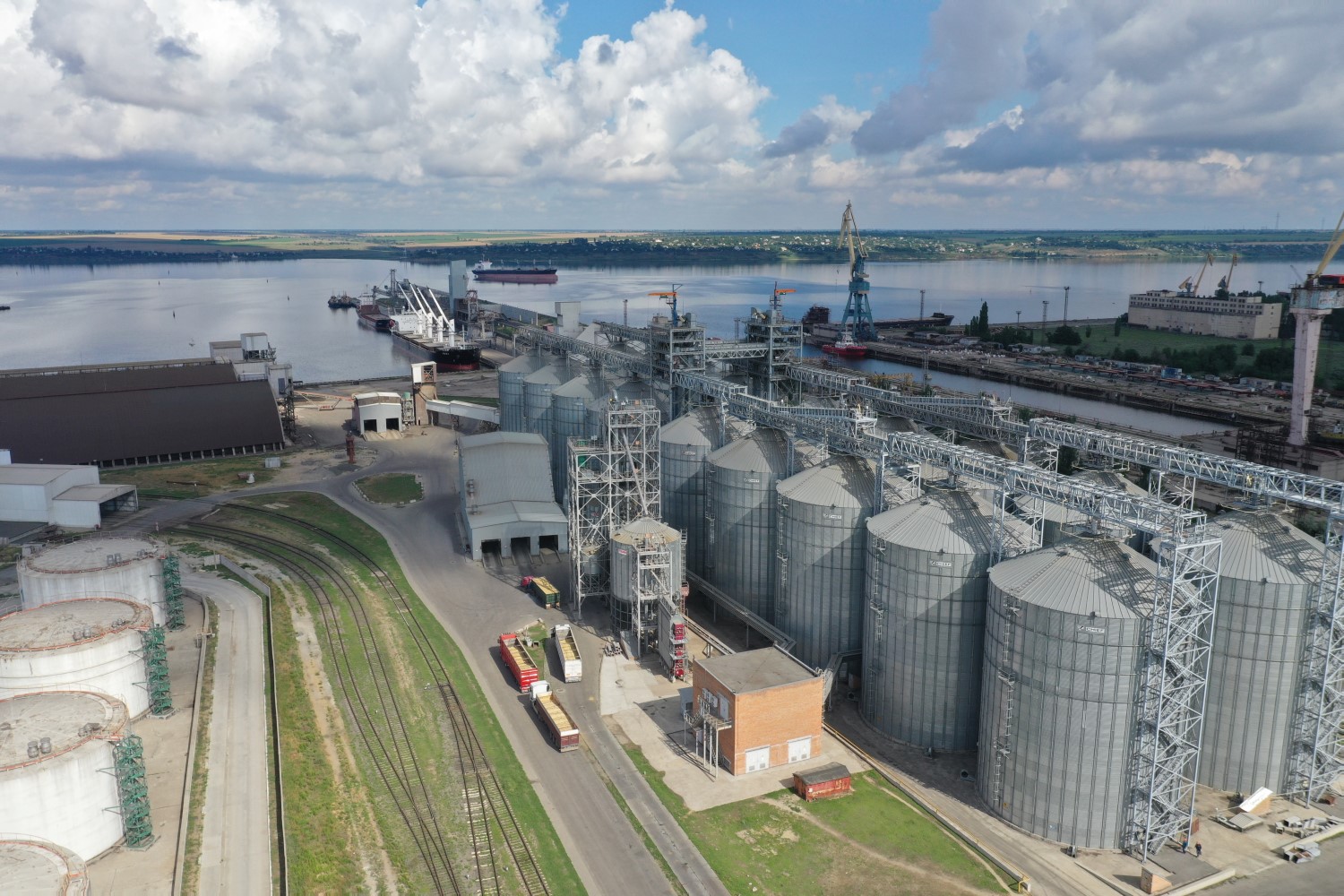
|
Group DF - international group of the companies, major investments are concentrated in the nitrogen, titanium and gas businesses. |
|
16 September 2021 Nika-Tera seaport started accepting meal of new 2021 cropNika-Tera seaport, a member of Group DF, started accepting sunflower meal of the new 2021 crop. The first trucks with granulated sunflower meal arrived from Kropyvnytskyi oil extraction plant.
 In 2021, Nika-Tera seaport completed total modernization of the laboratory, which allowed to increase the rate of quality analysis for cargoes like vegetable oils, sunflower meal and grains. The seaport purchased an advanced automated FT-NIR MPA II Multi-Purpose Analyzer by Bruker Optics (Germany) worth UAH 3 million.
Nika-Tera seaport implemented an investment project to launch the second stage of the oil transshipment facility with a storage capacity of 30,000 t, bringing the total volume of liquid bulk cargo storage to 63,400 m3 at any one time. Cargo handling area No. 4, which specializes in the transshipment of liquid cargoes, is capable of handling up to 900,000 t per year. Transshipment of sunflower oil can be carried out simultaneously on two tankers moored alongside two different quays.
Dmytro Firtash’s Group DF invested more than UAH1.5 billion to develop the seaport. As a part of the Program designed to increase the seaport throughput capacity, a new weighing facility was built, the number of berths was increased to 8 with the total length of 1900 m; modern production and technology laboratory was upgraded; the fleet of locomotives was brought up to 10 engines, the length of own railways has been increased up to 23 km, the necessary equipment for transshipment of cargo was purchased.
In 2020, the seaport handled 409 vessels and transshipped 7,380,000 t of cargoes. In 2020, within the cargo mix the cereals, leguminous crops and oil seeds accounted for 5,550,000 t or 75% of the total throughput, bulk cargoes – 1,270,000 t (18%), liquid bulk cargoes – 323,000 t (4%), mineral fertilizers – 215,000 t or (3%). |